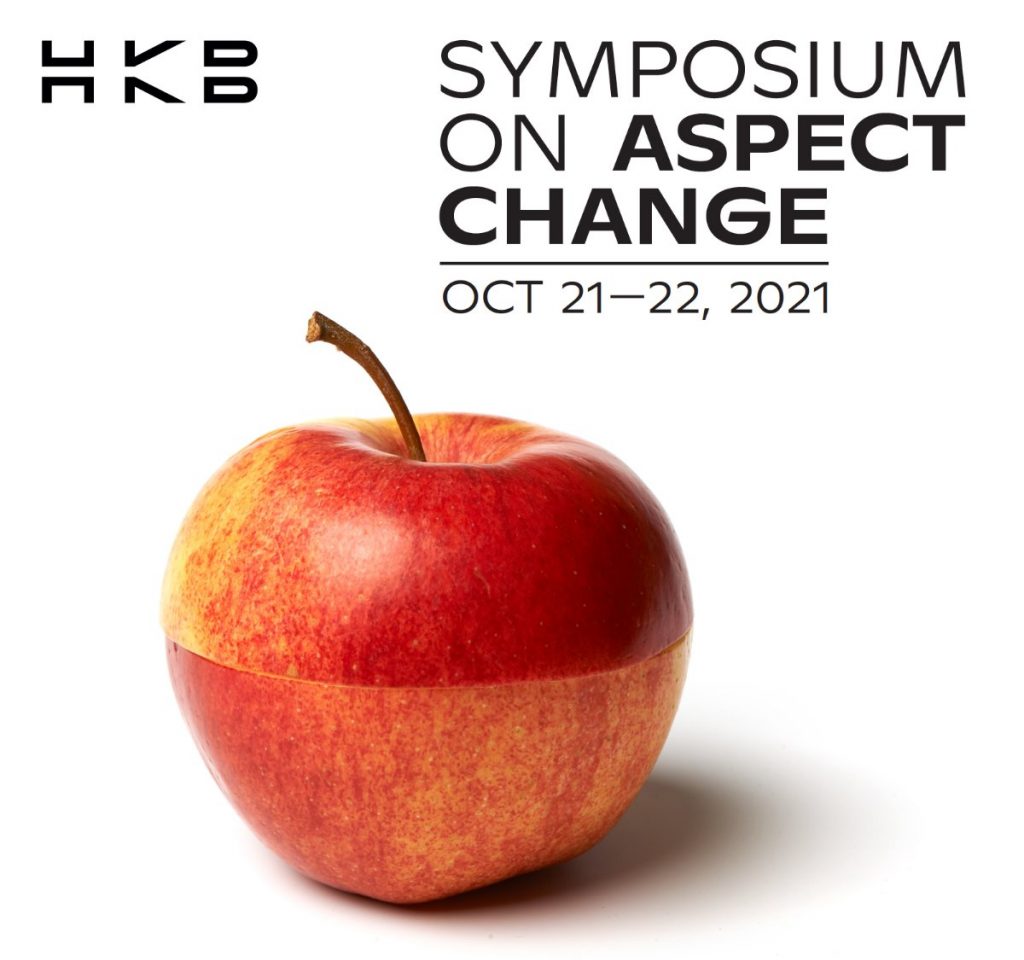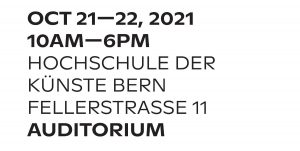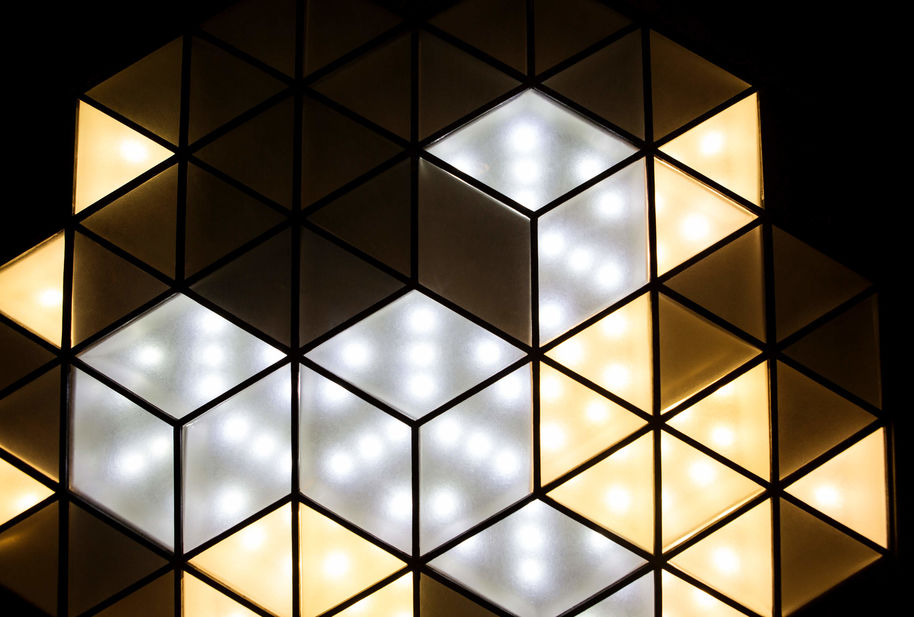Next week, starting October 21st, VCD MA student João Emediato and head of MA programme in Visual Communication Design Arja Karhumaa will give talks in the “Symposium on Aspect Change” in Bern, Switzerland. The symposium is arranged by Hochschule der Künste Bern HKB. The event is held in English.
The multidisciplinary event will be streamed live and there is no admission!
TIME & PLACE
MORE INFO
Hochschule der Künste Bern HKB – Symposium on Aspect Change
COMPARING CULTURAL PRACTICES AND VOCABULARIES RELATING TO SHIFTING MEANINGS
With interdisciplinary contributions from international researchers in THE ARTS, PHILOSOPHY, GEOGRAPHY, DESIGN, LITERATURE, COGNITIVE SCIENCE
Hosted by Tine Melzer, INSTITUT PRAKTIKEN UND THEORIEN DER KÜNSTE, HKB
*** Please note: On site attendance with valid COVID certificate ***
Streamed on Youtube on the dates: http://www.tinemelzer.eu/aspect-change/
Online attendance registration for Zoom link via here.
https://www.hkb.bfh.ch/de/aktuell/fachveranstaltungen/forschung-aspect-change-21-10-21/
Contact via email
PROGRAM – Thursday 21st of October
9.30 Registration
9.30
Batia Suter
artist, Amsterdam
Film: Radial Grammar, 2018
(excerpts)
10.00 – Welcome
Tine Melzer
artist and researcher, HKB
»Towards Aspect Change «
10.30
David Zürcher
singer & film maker, Bern
Film: »Prekäre Dinge« 2017
10.45
Tobias Servaas
philosopher, Amsterdam
»It is always before one’s eyes – Wittgenstein on aspect change«
11.15
Silvia Maier
cognitive scientist, Zürich
»What you see is what you expect – A brain’s perspective on aspect change«
12.00
Alexandra Leykauf
artist, Berlin
»Both Sides Now«
BREAK
14.00
Christa-Maria Lerm Hayes
art historian, University of Amsterdam
»Aspect Change, Oscillation, Parallax, Untranslatability: Approaching inconsistencies in Joseph Beuys’ work«
15.00
Uta Eisenreich
artist, Gerrit Rietveld Academy Amsterdam
»It goes without saying«
BREAK
16.00
João Emediato
artist, graphic designer & performer, Aalto University Helsinki
»Atlas of Work«
16.45
Alina Maria Frieske
artist, Berlin
»Tracking Connections – Imagined Recordings«
17.30
Broersen&Lukács
artists, Amsterdam
Film: »Forest on Location« 2018 (10m)
PROGRAM – Friday 22nd of October
9.30 registration
10.00
Hinrich Sachs
visual artist and writer, Basel
»Taparanco yaycuuan or To my Fellows in the Future«
11.00
Benjamin Hennig
geographer, Reykjavik, University of Iceland
»Rediscovering the world: New maps and visualisations of a changing planet«
12.00
Lizzie Ridout
artist, Falmouth University UK
»Little clouds: Speech balloons and the air of language«
12.45
Tanja Schwarz
artist and researcher, Bern
»Panic for Beginners«
BREAK
14.00
Arja Karhuma
graphic designer & text artist, Aalto University Helsinki
»The horizon of typographic expectation«
14.45
Ilse van Rijn
art historian & writer, Gerrit Rietveld Academy Amsterdam
»Diatomaceous meditations«
BREAK
15.45
Raymond Taudin Chabot
artist, HKB
Film: »Cigars«, 2021 (14m 13s)
16.15
Florian Göttke
artist, writer & researcher, Dutch Art Institute Amsterdam
»Performance and Perception: Make Belief and Aspect Change«
17.00
Leila Peacock
artist, Zürich
Audio: »Factual Uncertainties« with Robin the Fog, 2011
17.15 Closing Panel



